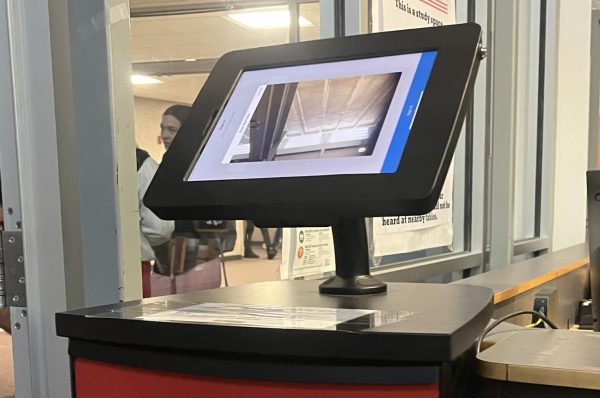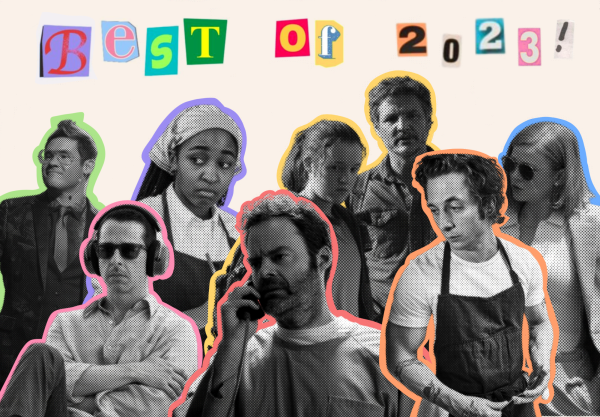The Debate on Paying College Athletes
With the 2014 NCAA Men’s Basketball Tournament now in full swing, exposure to participating schools is even higher, than it was during the regular season. In fact, according to a study by Forbes, the streaming of the tournament on CBS, TBS, TNT and TruTv has brought in about 10.7 million viewers, and 23.4 million viewers tuned in for last years national championship game between Louisville and Michigan. Over the course of the 60 plus games played in last year’s tournament, CBS made $1.15 billion through ads. Not only does the television corporation cash in, but the schools also bring in a large amount from their basketball team alone throughout the season. Last year’s national champion, Louisville, made over $42 million throughout the season. This being said, I think the yearly debate of whether college athletes should be paid should be put on the table.
Once you get past the moral problems of paying these players such as “they are already getting large scholarships to attend the school” and “there are many other people who are worthy of that money,” I see no problems with players being compensated for what they have brought to the school, because the school is in large part using these kids as a business. Although, in order to become a paid athlete there would have to be guidelines: you must do well in the classroom, you must graduate with a degree and you must have met a certain quota of playing time (players who have their warm-ups on the whole game don’t necessarily bring in the big bucks). Under these guidelines the players deserve to receive something for their four years at a university.
Take Creighton star Doug McDermott for example. The man almost single handedly put Creighton on the map and has generated income for the school simply by having his number three jersey out in stores. Even though he has done all the work to make the product popular, the school is the one benefitting because he is practically “owned” by it. Now yes, he will go to the NBA and make more money by signing his name on a contract than some do in years. Even still, he deserved to receive back some of what he put into the university.
It is important to note by allowing a compensation to players, it’s likely quality athletes would feel more inclined to stay at the school to play instead of running off after freshman year for an uncertain professional career.
Some may see it as a stupid, morally wrong idea, but at the end of the day athletes are helping to bring in large sums of money to the university they wear across their chest and they deserve to be paid for their efforts over their careers.
Your donation will support the student journalists of Omaha Westside High School. Your contribution will allow us to purchase equipment and cover our annual website hosting costs.












